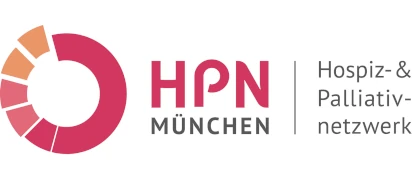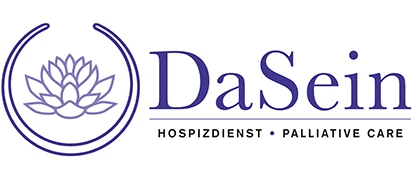Our aim is to provide people in need of care and assistance with a holistic palliative care concept that allows them to die in familiar surroundings with familiar caregivers and nursing staff. Therefore, unwanted hospital admission at the end of life should be avoided as much as possible.
The wishes and needs of the dying person are paramount in palliative care. Their self-determination is our top priority. Close relatives, friends, and caregivers are involved in palliative care and the nursing process.
- Maintaining and promoting the best possible quality of life is essential
- Early recognition, assessment, and treatment of pain and other distressing symptoms
- Dying in familiar surroundings
- Support from familiar caregivers and nursing staff
- Consideration of individual last wishes
Advance Care Planning
However, our palliative care concept begins well before the dying phase begins. After a settling-in period, all residents are invited to participate in Advance Care Planning, which is a healthcare plan for the final phase of life.
The goal is to create a value-based living will that allows care and assistance to be provided based on expressed values, wishes, needs, and the current health situation. Treatment preferences for acute emergencies and conditions involving temporary or permanent incapacity to give consent can be discussed in advance with independent palliative care specialists and documented.
Residents and their relatives and friends can decline or postpone this voluntary offer at any time.
Holistic Palliative Care
Geriatric residents require comprehensive, holistic care. Therefore, we use curative, rehabilitative, and palliative approaches. Many residents benefit from our holistic palliative care concept for several months or even years.
As a disease progresses or residents approach the end of their lives, hospice and palliative care become more important. This includes effective measures and remedies for pain and other distressing symptoms.
- Use of aromatherapy
- Special palliative oral care
- Adaptation of nursing measures
- Close support from relatives and friends
- Palliative counseling
Psychosocial and Spiritual Support
In addition to trained specialists, hospice volunteers from local hospice associations and volunteer end-of-life caregivers are available to provide psychosocial support during hospice and palliative care.
The free practice of religion and cultural customs at the end of life is a central component of our diversity-sensitive care concept. Spiritual support can be provided by ecumenical or non-denominational pastoral caregivers from the residence, or by religious community representatives.
Each of our care and nursing homes has its own culture of farewell and mourning. This includes directly informing relatives and loved ones of death in accordance with expressed wishes.
Strong Partners
At MÜNCHENSTIFT, our palliative care specialists are active and committed members of the Munich Hospice and Palliative Care Network. We also participate in the Palliative Geriatrics Working Group.
In providing palliative care and palliative geriatric counseling, we work closely with the DaSein and Christophorus Hospiz associations. These associations support us by providing volunteer end-of-life caregivers and conceptual counseling. Representatives from MÜNCHENSTIFT and the hospice associations serve as lecturers for continuing education and training courses on a rotating basis.



